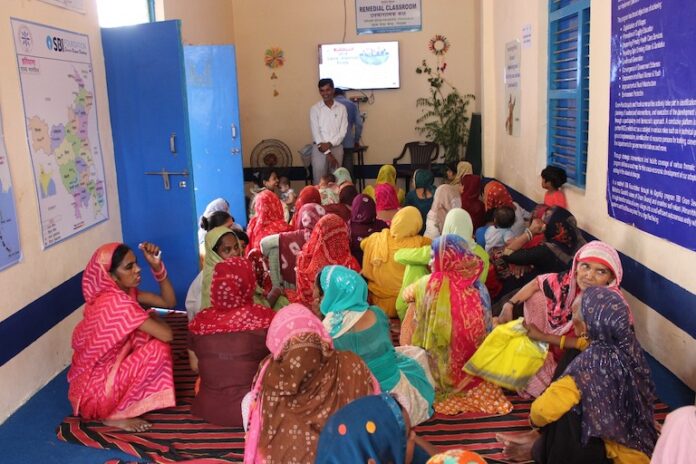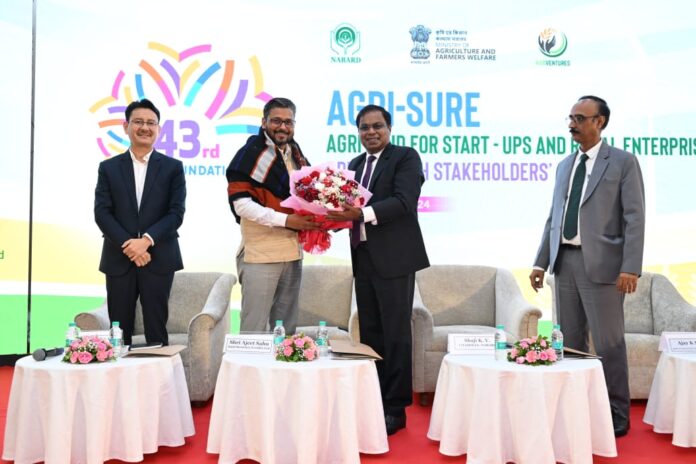Mumbai, India: Reaffirming its commitment to nurturing talent and creating a skilled workforce for the automotive industry, Tata Motors’ in collaboration with Navodaya Vidyalaya Samiti (NVS) has established dedicated ‘Automotive Skill Labs’ at Jawahar Navodaya Vidyalayas (JNVs). To date, 25 labs, fully equipped with essential tools, have been set up across select JNVs in Maharashtra, Karnataka, Gujarat, Jharkhand, West Bengal, Uttar Pradesh, and Uttarakhand. This unique industry-academic joint initiative equips approximately 4000 students annually with practical automotive skills, with 30% of students enrolled being girls.
Aligned with the vocational courses envisioned in the ‘National Education Policy 2020’, Tata Motors’ ‘Automotive Skill Labs’ focuses on providing secondary and senior secondary students (studying in 9th to 12th standard) with essential subject knowledge, hands-on skills, and valuable industry exposure—all within the school premises. Additionally, students can visit Tata Motors’ plants, interact with service and dealership professionals, and attend lectures by industry experts to gain real-world experience and deepen their knowledge. Furthermore, instructors teaching at these labs are provided with the necessary training at the company’s plant locations. A testament to this immersive learning experience is an E-Rickshaw constructed by the students at the Skill Lab in Pune.
Upon successful completion of the programme, students receive joint certificates from Tata Motors and NVS. Post-schooling, the students can opt for a Diploma in Manufacturing Technology, including a full stipend and on-the-job training at Tata Motors’ manufacturing facilities. Alternatively, those interested in continuing with Tata Motors can pursue a BTech in engineering—a 3.5-year executive education programme in collaboration with select engineering institutes—leading to permanent employment after five years.
Emphasizing the commitment to enriching the lives of youth and bridging the skills gap in the automotive industry, Vinod Kulkarni, CSR Head, Tata Motors, said, “Our Automotive Skill Labs empowers youngsters from the underserved communities with employable skills, relevant for the evolving automotive sector in India. It creates pathways for students in grades 9th – 12th to pursue higher education and secure employment opportunities. Contributing to the ‘Skill India Mission’, this programme instills innovative thinking, entrepreneurial spirit, analytical mindset and critical communication skills amongst the students. The response from girl students has strengthened our commitment to empower future leaders who will contribute to India’s prominence on the global stage as envisioned by Viksit Bharat @2047.”
In 2023, over 1,600 students from this programme participated in the National Automobile Olympiad organised by the Automotive Skill Development Council (ASDC), out of which 17 succeeded in reaching the second stage of the competition.

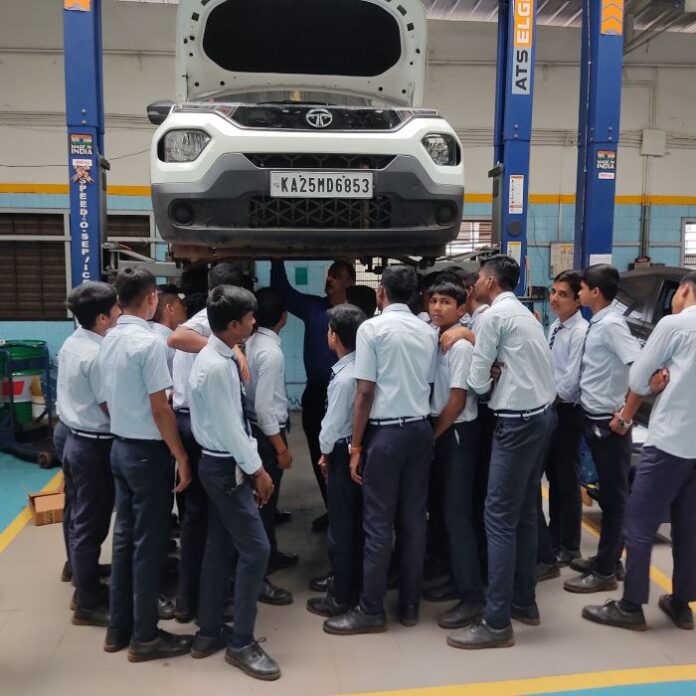


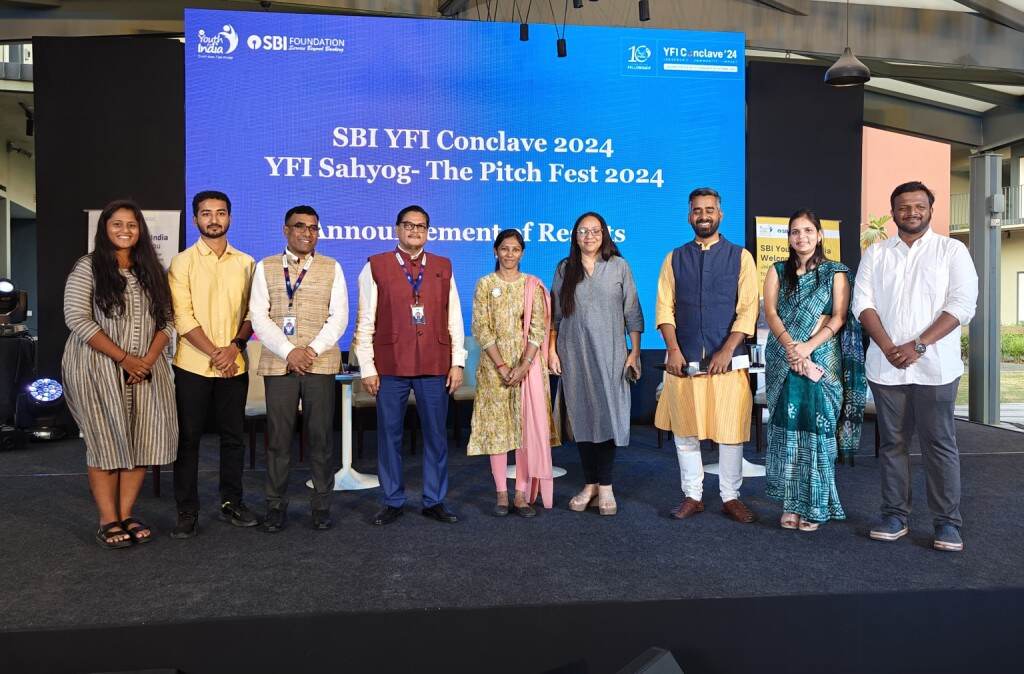
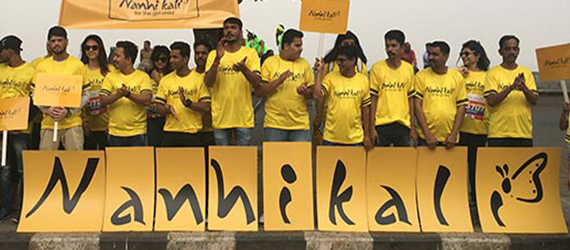
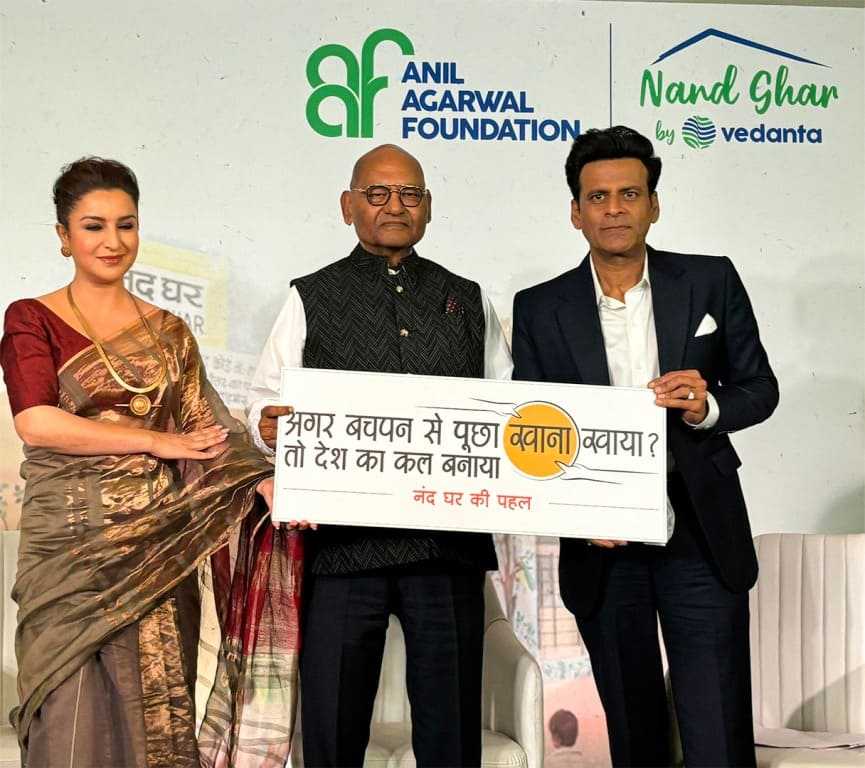
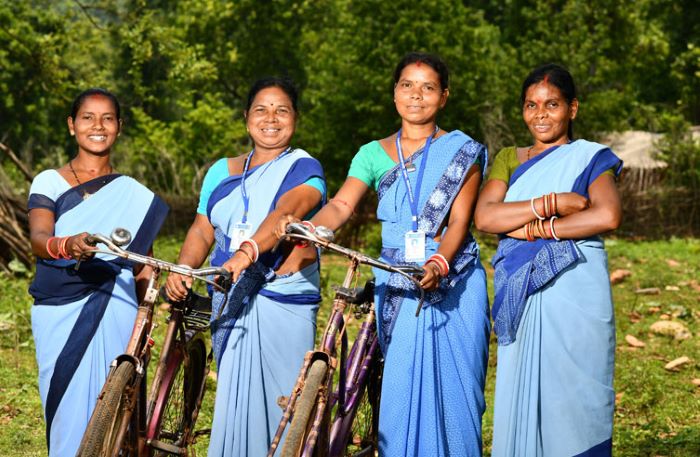
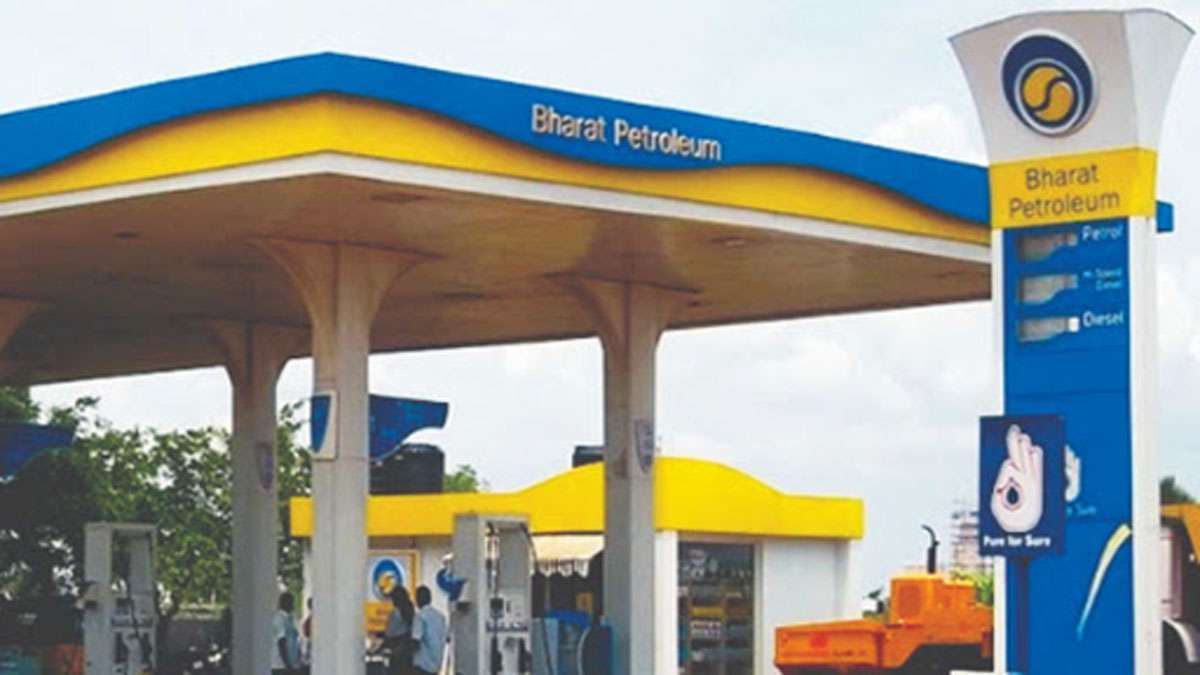 Integrated Cancer Care and Cure – BPCL
Integrated Cancer Care and Cure – BPCL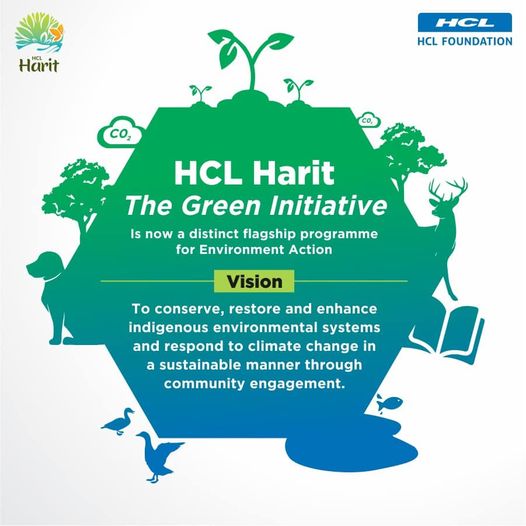
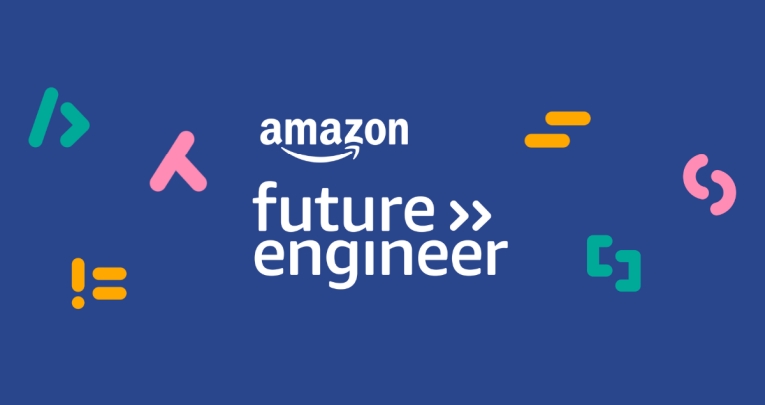
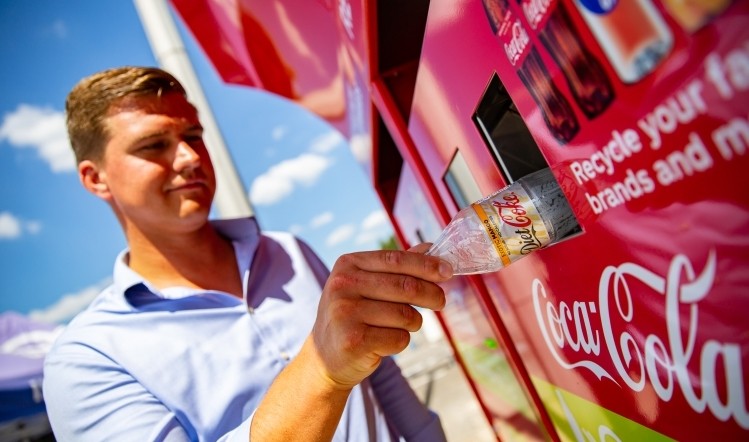
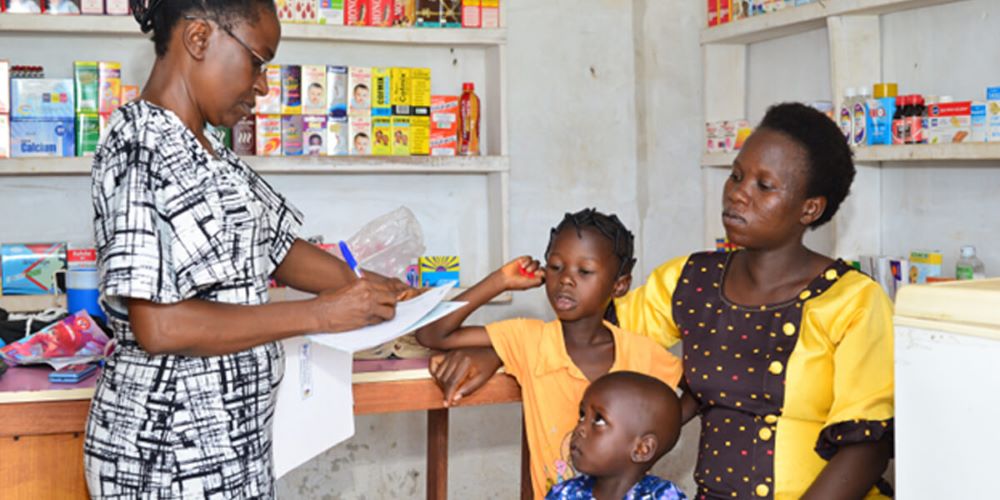

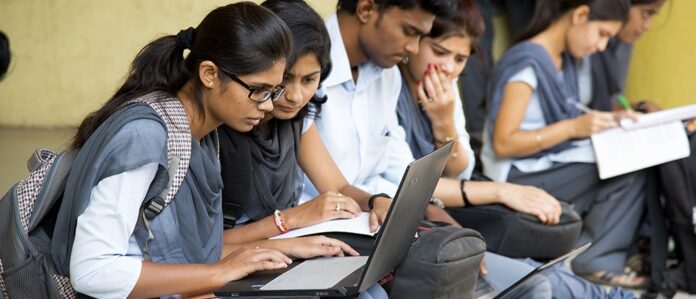

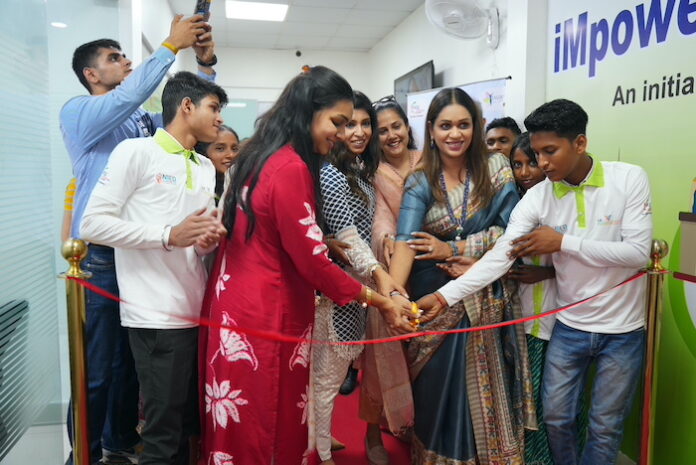
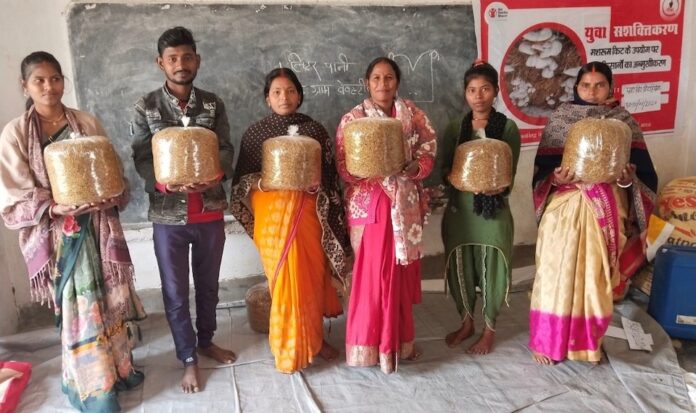

 Mr N Chandran is the Chairman of Eastman Exports. He is a first generation entrepreneur hailing from an agrarian family and the guiding force behind the company’s motto of manufacturing and exporting the best quality and in-trendapparels to global retail giants. Hailing from a humble background, Chandran understands the difficulties faced by the labour force and has hence undertaken a number of initiatives for their well-being, especially for the women workforce. He has also adopted a school which provides free education to underprivileged children.
Mr N Chandran is the Chairman of Eastman Exports. He is a first generation entrepreneur hailing from an agrarian family and the guiding force behind the company’s motto of manufacturing and exporting the best quality and in-trendapparels to global retail giants. Hailing from a humble background, Chandran understands the difficulties faced by the labour force and has hence undertaken a number of initiatives for their well-being, especially for the women workforce. He has also adopted a school which provides free education to underprivileged children.